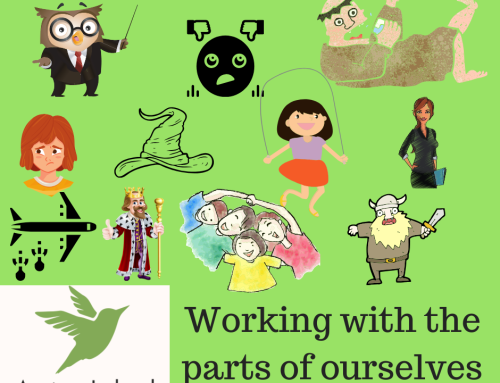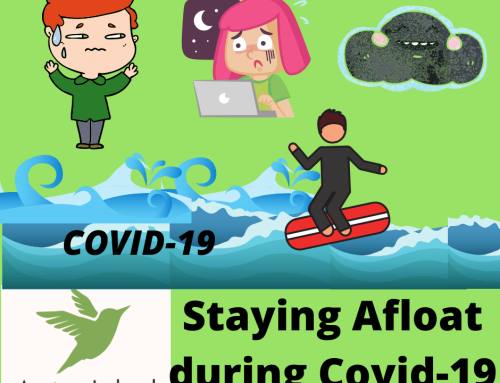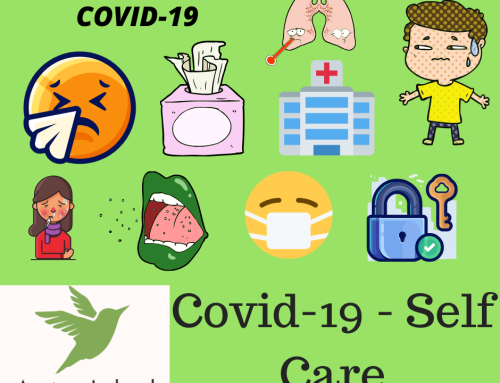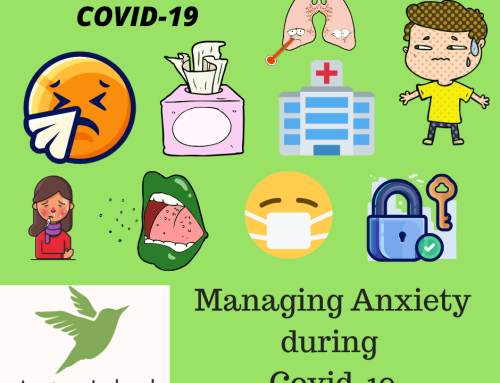Don’t be like poor Anxietea! Ditch the “What If” thinking!
Anxiety thrives on what if thinking. What ifs about ourselves, others and the world.
What ifs seem real to us when we give them credence and allow ourselves to imagine a feared outcome.
We think: What if I embarrass myself and so we imagine that scene in our heads.
We think: What if the earth gets hit by an asteroid, and we imagine that too.
We think: What if I leave the house and have a Panic Attack, we see that scene in our heads and we don’t move.
But two key things here that anxiety sufferers don’t see:
The first is we need to realize that no matter what the “what if”, it hasn’t happened yet, but by playing it over in our heads we are actually slightly traumatizing ourselves with our imagination.
Just like subjecting ourselves to scary movies over and over again. This is not helpful and makes us more anxious. The first thing is to drop this where possible. realize it’s no good.
The second thing which helps the first is to ask how truly likely is it to happen.
If we went away with a friend on holidays to the south of Spain in June and they brought snow boots and a heavy coat what would we say to them?
Maybe that there is no need, but they might say “but what if it snows, I don’t want to be cold”. They are right to a certain extent, it could happen, but still something is off here!
Sure you could get snow in Spain in June, but how likely is that really?
The thing about life is that basically anything is possible. But because there are almost infinite possibilities we have to focus on and prepare for what is likely to happen and leave the rest of things outside of our control to chance.
Most what ifs that carry weight for us have consequences so uncomfortable that we don’t even bother to look at how likely they are we just see them as a possibility.
If anyone reading this is worried about what ifs put a number on it. Is is a 50:50 likelihood, a 20% chance of it happening? Or less? See what happens when we put a realistic likelihood on it. maybe take a breath!
Some of the things we worry about the most are extremely unlikely and the evidence shows us that.
If you constantly double check things then ask how often when I double check have I needed to. Most people find that 99% of the time they double check it is for nothing.
Conclusions:
If you constantly worry about things that haven’t happened yet then try to first drop imagining the feared outcome, this makes it seem more real. For example: If all you do is watch alien movies all day you might start believing in aliens. Pull this back!
Second put a parentage rating on it, look for evidence that this is likely. Justify your rating based on what you have observed, seen, received and what has been said, done or talked about. Anxiety tends to lie to our bodies so gut feelings on this one doesn’t count I’m afraid.
Intuition comes from a calm place not an anxious one.
Many of our what ifs come from thinking distortions so think about those too. Distortions such as Filtering, Catastrophizing, Polarized thinking, All or nothing thinking, Mindreading, Shoulds, Emotional Reasoning, Global labeling and of course the Fallacys: Being Right, Control Fallacies, Fallacy of Fairness and Fallacy of Change. (Find blogs about these in our photos on facebook/website).
If any of these themes struck a chord and you would like to hear more about how I work with Anxiety and help people every week to conquer what holds them back then please feel free to get in touch.
Anybody can message me through the page or call/text me on 087 0630 948.
I am always delighted to chat to people about how I or my colleagues can make a difference in peoples lives!
Thanks for reading,
Michael
087 063 0948
Anxiety is like a merry-go-round, taking us nowhere, it’s ok to step off!
*credit image Gemma Correll




